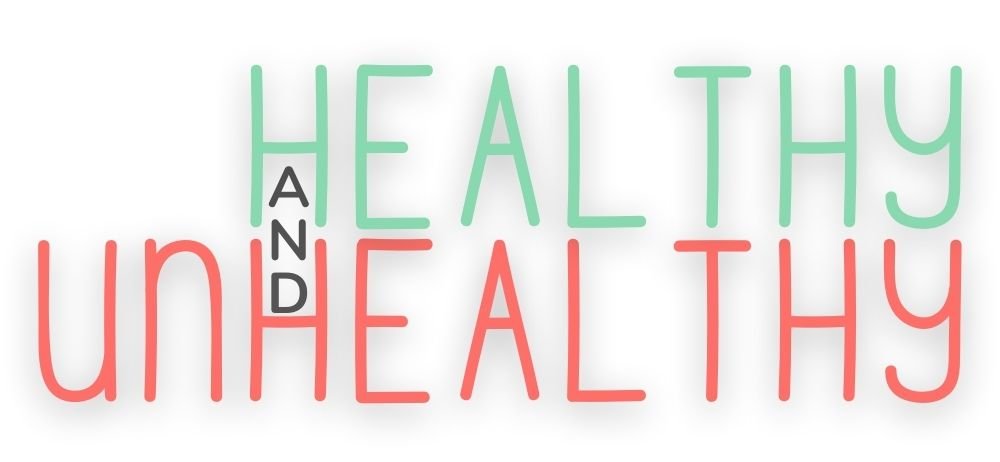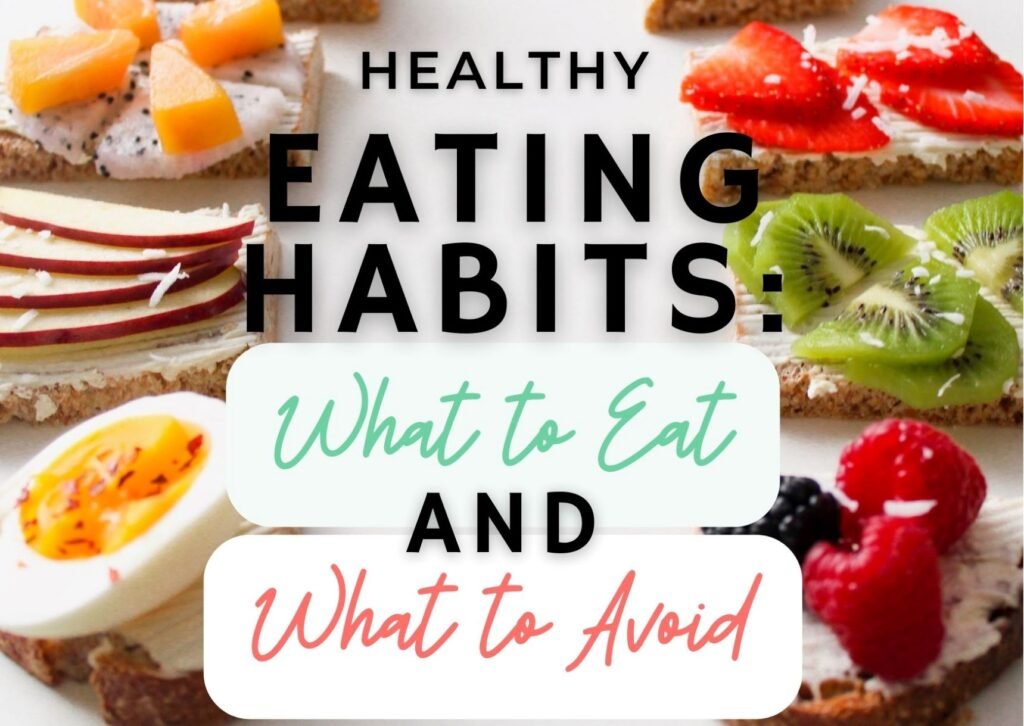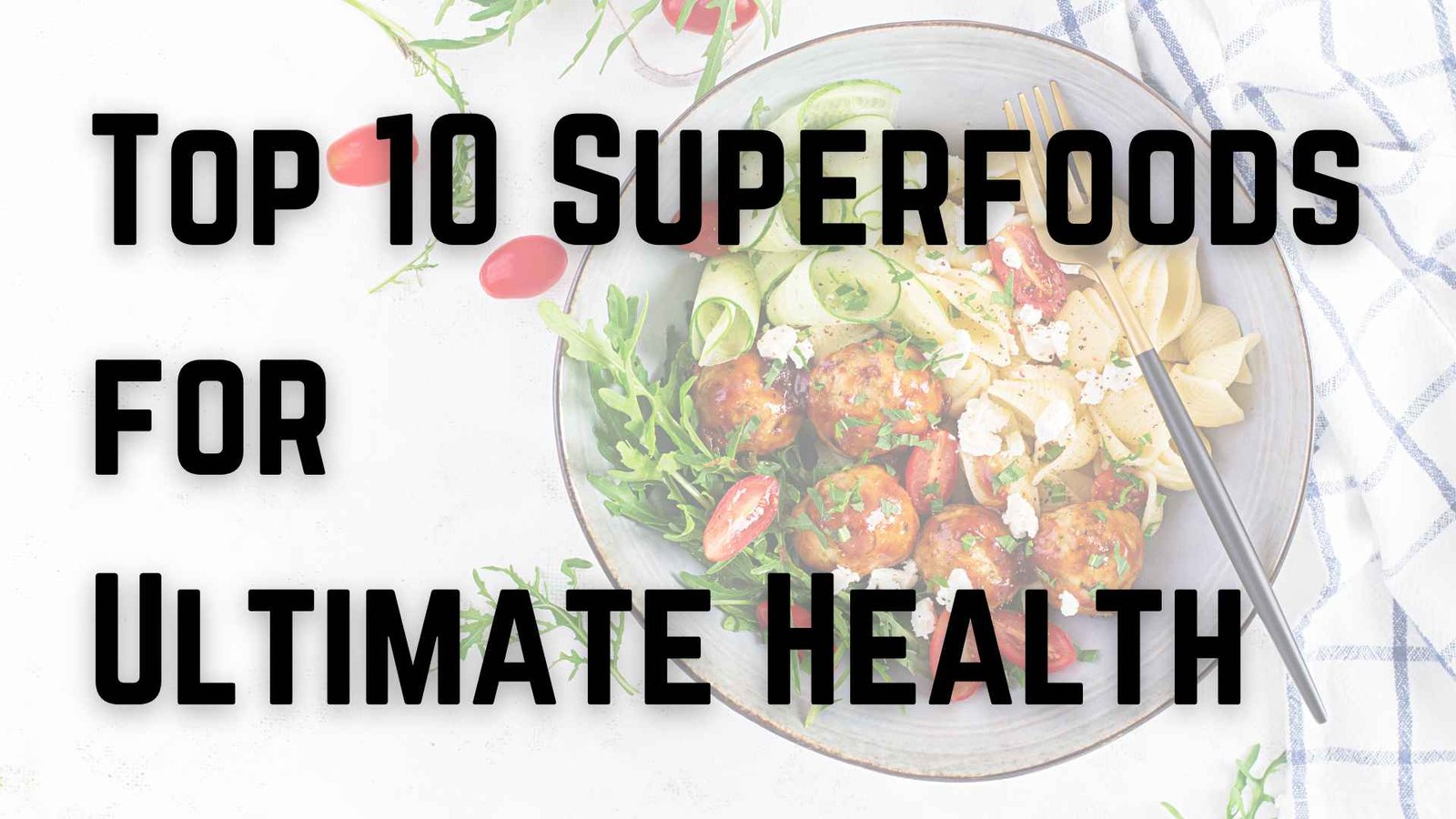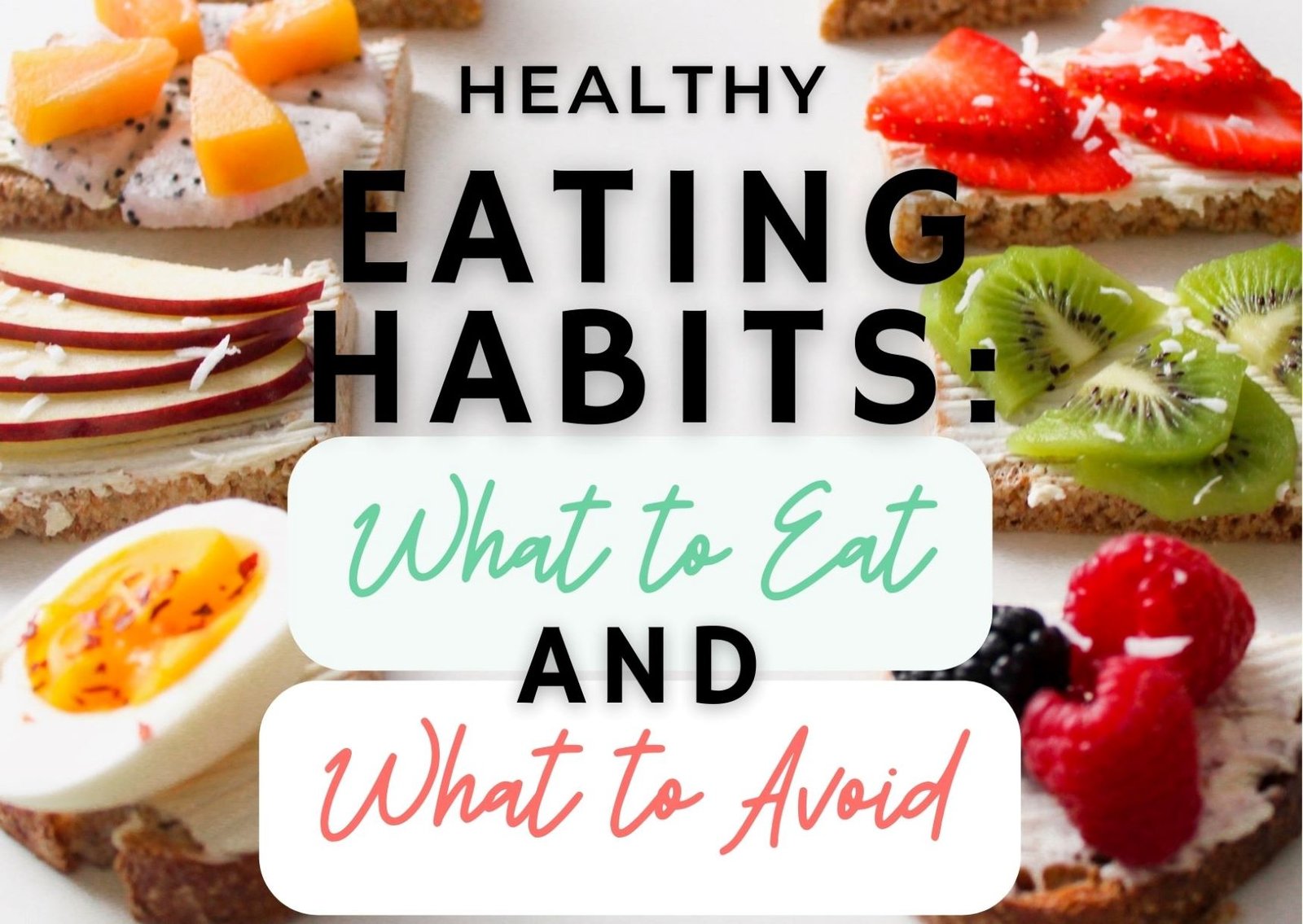Introduction
Healthy eating habits are essential to living a healthy life. A diet rich in fruits, vegetables, and whole grains can help reduce the risk of heart disease, diabetes, and certain types of cancer. By following a few easy-to-follow guidelines, you can ensure you’re getting enough nutrients to maintain your health without adding too many calories or fat to your diet.
Eat mostly whole grains, fruits, vegetables, and beans
Whole grains are the most nutritious source of carbohydrates. This includes whole wheat bread, brown rice, and other whole grain products. These foods have a lower glycemic index than refined grains. They also tend to be high in fiber, magnesium, vitamins B1 and B6, and other vital nutrients.
Fruits and vegetables are rich in vitamins, minerals, and fiber that promote good health by helping your body fight off disease-causing substances called free radicals that can damage cells and cause illness over time.
Beans are a good protein source because they contain all nine essential amino acids humans need for growth; many meat sources only provide all nine amino acids if paired with another type of food, such as grains or nuts, that contains them. Eating together gives you an even better protein source than just beans alone!
Nuts and seeds are good sources of protein as well. They contain all nine essential amino acids your body needs to grow, repair tissue, and make antibodies to fight illness.
Legumes are another excellent source of protein. They contain all nine essential amino acids your body needs to grow, repair tissue and make antibodies to fight off illness.
Legumes are also a good source of folate and potassium. One cup of cooked beans contains about 220 mg of folate (the form of vitamin B9 found naturally in foods) and 400 mg of potassium per serving.
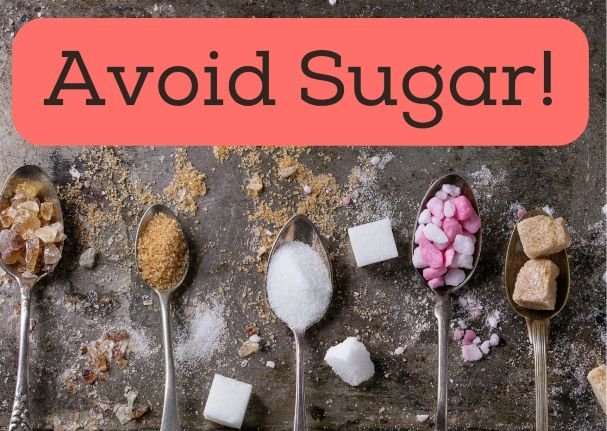
Avoid foods that are processed or high in fat and sugar.
Avoid foods that are processed or high in fat and sugar.
Limit your intake of saturated fats, trans fats, and cholesterol.
Limit your intake of added sugars. Added sugars come from various sources (including processed food products), but the most significant source for people who are not diabetic are drinks sweetened with sugar. Many drinks—such as soda and other sweetened beverages—are filled with calories but provide little nutritional value, so it’s best to avoid them whenever possible.
Limit your intake of refined grains. Refined grains have been processed to remove the bran and germ—such as white flour or white rice. Instead, drink water and unsweetened teas.
These grains are more easily digested and absorbed by your body than whole grains, which can cause spikes in blood sugar levels. If you’re eating various foods, you’re likely getting enough fiber.
Eat at least 5 servings of fresh fruits and vegetables each day
Fresh fruits and vegetables are essential to the Healthy Eating Habits diet. They can be raw or cooked low in calories, fat, and sugar.
They contain lots of nutrients your body needs to stay healthy such as vitamins, minerals, and antioxidants. Fresh fruit and vegetables help you feel full for longer, so you don’t have to eat as much food during mealtime or snack time.
Choose foods that are low in saturated fat and trans fat
Choose foods that are low in saturated fat: Foods that are high in saturated fat include fatty meats, butter, cream, cheese, and ice cream.
Saturated fat can raise blood cholesterol levels and increase your risk of developing heart disease.
Trans fats are found in processed foods like commercial baked goods, including cakes, cookies, pies, and pastries; stick margarine; deep-fried fast foods such as French fries and doughnuts; snack foods such as microwave popcorn; and some salad dressings. Trans fats can also be found naturally at low levels in some meat products—for example, beef or chicken with visible surface fat will contain some trans fats. These natural trans fatty acids are not considered to be harmful to most healthy people.
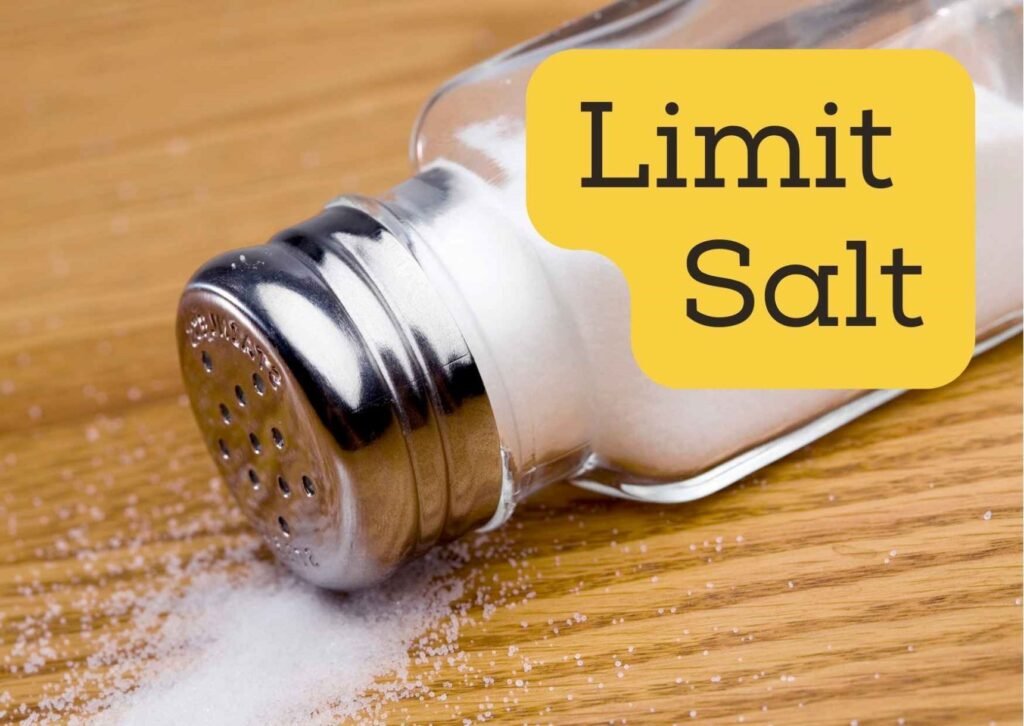
Limit salt for better health
Doctors recommend that you limit your sodium intake to 2,300 milligrams a day. One teaspoon of table salt has about 2,300 milligrams of sodium.
If you have high blood pressure, diabetes, or kidney disease, talk to your doctor before reducing your sodium intake because it might not be safe for you.
You should also avoid processed foods and eat fresh fare whenever possible. Processed foods often have high amounts of hidden salt. You can find the amount of salt in processed and packaged foods on the label by looking under “sodium” or “salt” (or see the nutrition facts). Packaged foods with more than 140 mg per serving are considered low-sodium; those with 480 mg or more per serving are considered high-sodium (one serving is 1/2 cup). If a food label doesn’t list the amount of sodium per serving, contact its manufacturer to provide this information for you—you may need this information when shopping for healthier alternatives!
Good food habits will help you live a healthy life.
One of the best ways to live a healthy life is by following good food habits. Good food habits can keep you from becoming overweight and obese, which are risk factors for many diseases.
In addition to preventing disease, good food habits can also help you avoid being underweight. This can be an important goal for people at risk for certain conditions because of their weight or height, such as osteoporosis and back pain.
There are many different types of food habits. Some people follow a diet that includes only certain foods, such as vegetarianism or veganism. Others choose to eat more of one kind of food than another, such as eating more fruits and vegetables than meat or sweets.
Conclusion
Good food habits are essential for good health. The key is to eat mostly whole grains, fruits, vegetables, and beans and avoid processed foods or high in fat and sugar. You should also eat at least 5 servings of fresh fruits and vegetables each day, choose foods that are low in saturated fat and trans fat, and limit salt for better health—these are some of the healthy eating habits you can adopt today!
